 In July of 2021, Rural Health Association of Tennessee (RHA) received a “Notice of Award” from Tennessee Department of Health (TDH) about a funding opportunity to build strategies and best practices to reduce COVID-19 risk across the state of Tennessee in underserved and rural communities. The contract (GR-21-73441) totaling $2,468,000 was made possible by the Centers for Disease Control and Prevention (CDC).
In July of 2021, Rural Health Association of Tennessee (RHA) received a “Notice of Award” from Tennessee Department of Health (TDH) about a funding opportunity to build strategies and best practices to reduce COVID-19 risk across the state of Tennessee in underserved and rural communities. The contract (GR-21-73441) totaling $2,468,000 was made possible by the Centers for Disease Control and Prevention (CDC).
Under this grant which concluded May 31st, 2024, RHA provided services to individuals from all 95 counties in Tennessee, sponsored education for thousands of learners, and established better supports for our School Health, Rural Hospital, Rural Health Clinic, FQHC, and Mental and Behavioral Health Members.


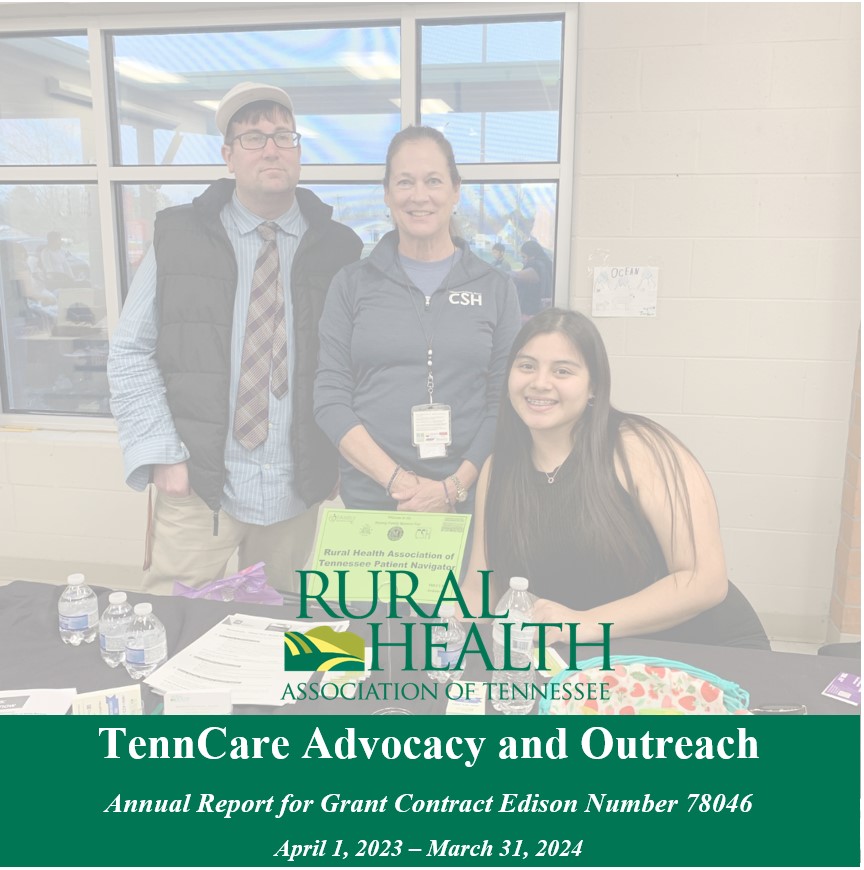 At the start of the COVID-19 pandemic in 2020, the U.S. Congress enacted the Families First Coronavirus Response Act (FFCRA). Among other things, FFCRA required state Medicaid programs keep beneficiaries enrolled through the end of the Public Health Emergency (PHE) in exchange for enhanced federal funding.
At the start of the COVID-19 pandemic in 2020, the U.S. Congress enacted the Families First Coronavirus Response Act (FFCRA). Among other things, FFCRA required state Medicaid programs keep beneficiaries enrolled through the end of the Public Health Emergency (PHE) in exchange for enhanced federal funding. In 2021, Rural Health Association of Tennessee (RHA) received a contact from Tennessee Department of Health (TDH), Office of Minority Health, via the Centers for Disease Control and Prevention (CDC) and U.S. Department of Health and Human Services (HRSA).
In 2021, Rural Health Association of Tennessee (RHA) received a contact from Tennessee Department of Health (TDH), Office of Minority Health, via the Centers for Disease Control and Prevention (CDC) and U.S. Department of Health and Human Services (HRSA).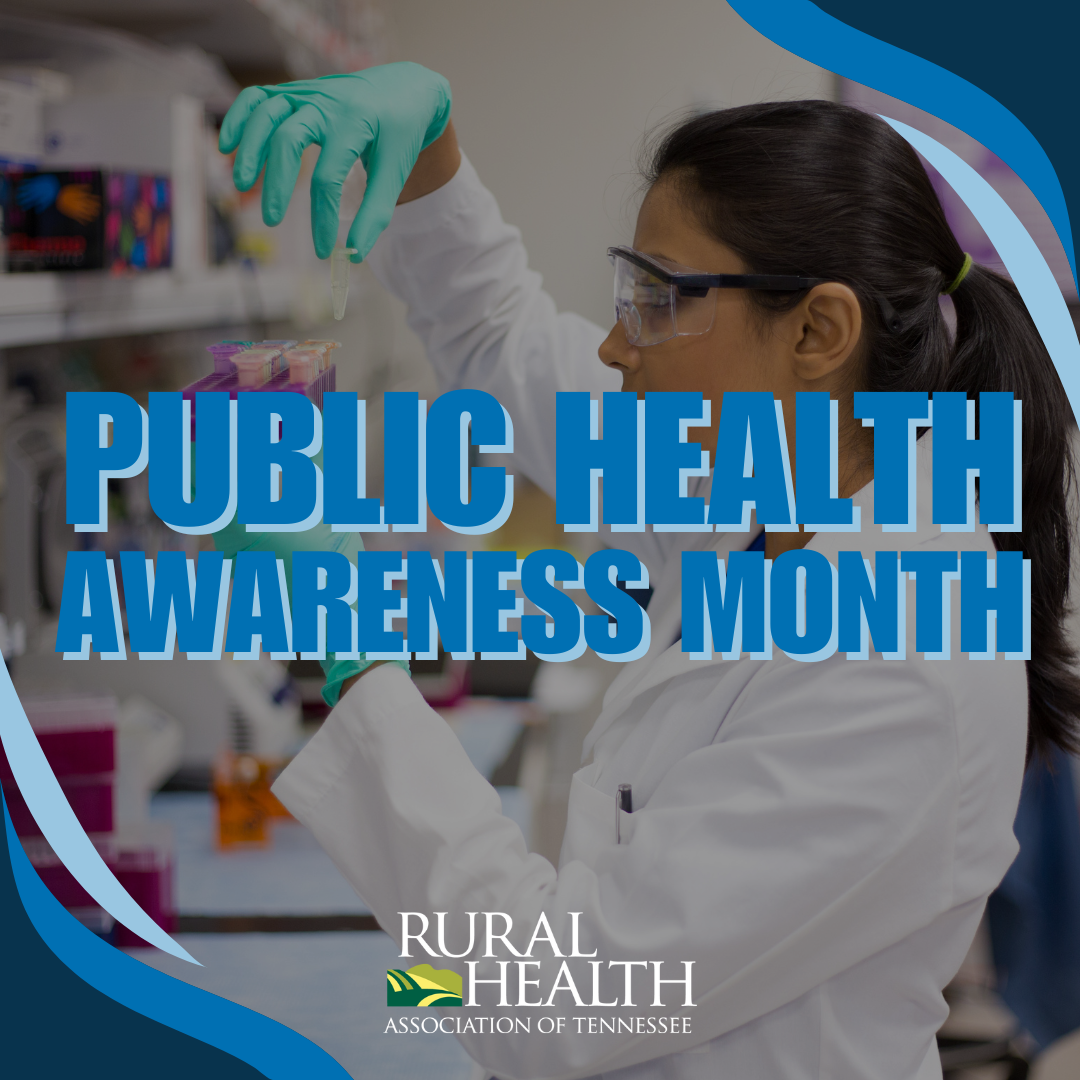 Public Health Awareness Month holds particular significance for rural areas, where access to healthcare services and health education can be limited. In rural communities, residents often face unique challenges such as geographic isolation, limited healthcare infrastructure, and socioeconomic disparities, which can contribute to poorer health outcomes. Public Health Awareness Month provides a crucial opportunity to address these disparities by raising awareness about prevalent health issues and promoting access to healthcare resources in rural areas.
Public Health Awareness Month holds particular significance for rural areas, where access to healthcare services and health education can be limited. In rural communities, residents often face unique challenges such as geographic isolation, limited healthcare infrastructure, and socioeconomic disparities, which can contribute to poorer health outcomes. Public Health Awareness Month provides a crucial opportunity to address these disparities by raising awareness about prevalent health issues and promoting access to healthcare resources in rural areas.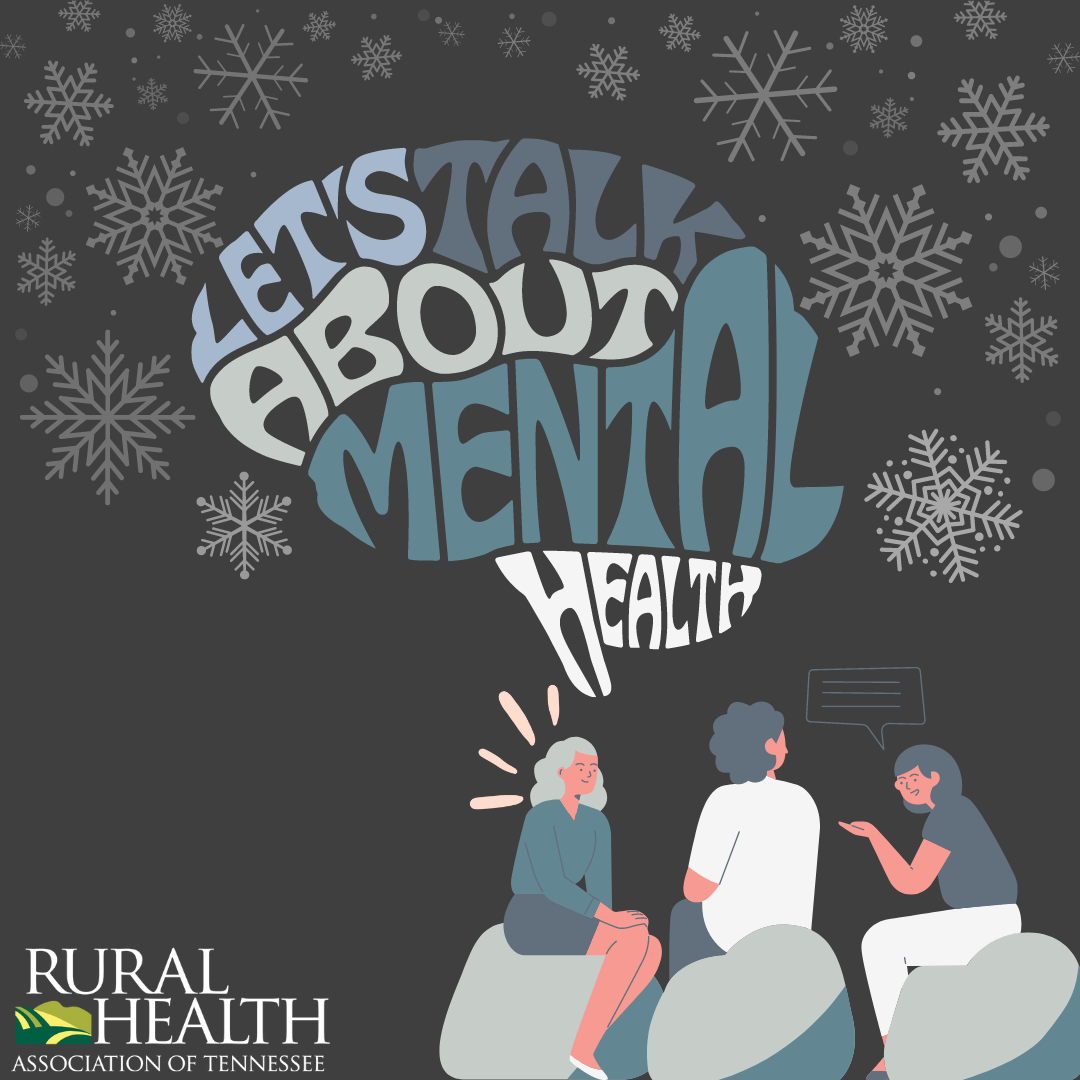 Navigating the winter months with mental health disorders can be particularly challenging due to factors such as reduced sunlight, colder temperatures, and the holiday season. Seasonal Affective Disorder (SAD), a form of depression associated with changes in seasons, often intensifies during winter. To mitigate its effects, individuals can explore light therapy, spending time outdoors during daylight hours, and incorporating light-enhancing activities into their daily routines. Additionally, maintaining a consistent sleep schedule is crucial for stabilizing mood and energy levels, as disruptions to sleep patterns can exacerbate symptoms of various mental health disorders.
Navigating the winter months with mental health disorders can be particularly challenging due to factors such as reduced sunlight, colder temperatures, and the holiday season. Seasonal Affective Disorder (SAD), a form of depression associated with changes in seasons, often intensifies during winter. To mitigate its effects, individuals can explore light therapy, spending time outdoors during daylight hours, and incorporating light-enhancing activities into their daily routines. Additionally, maintaining a consistent sleep schedule is crucial for stabilizing mood and energy levels, as disruptions to sleep patterns can exacerbate symptoms of various mental health disorders.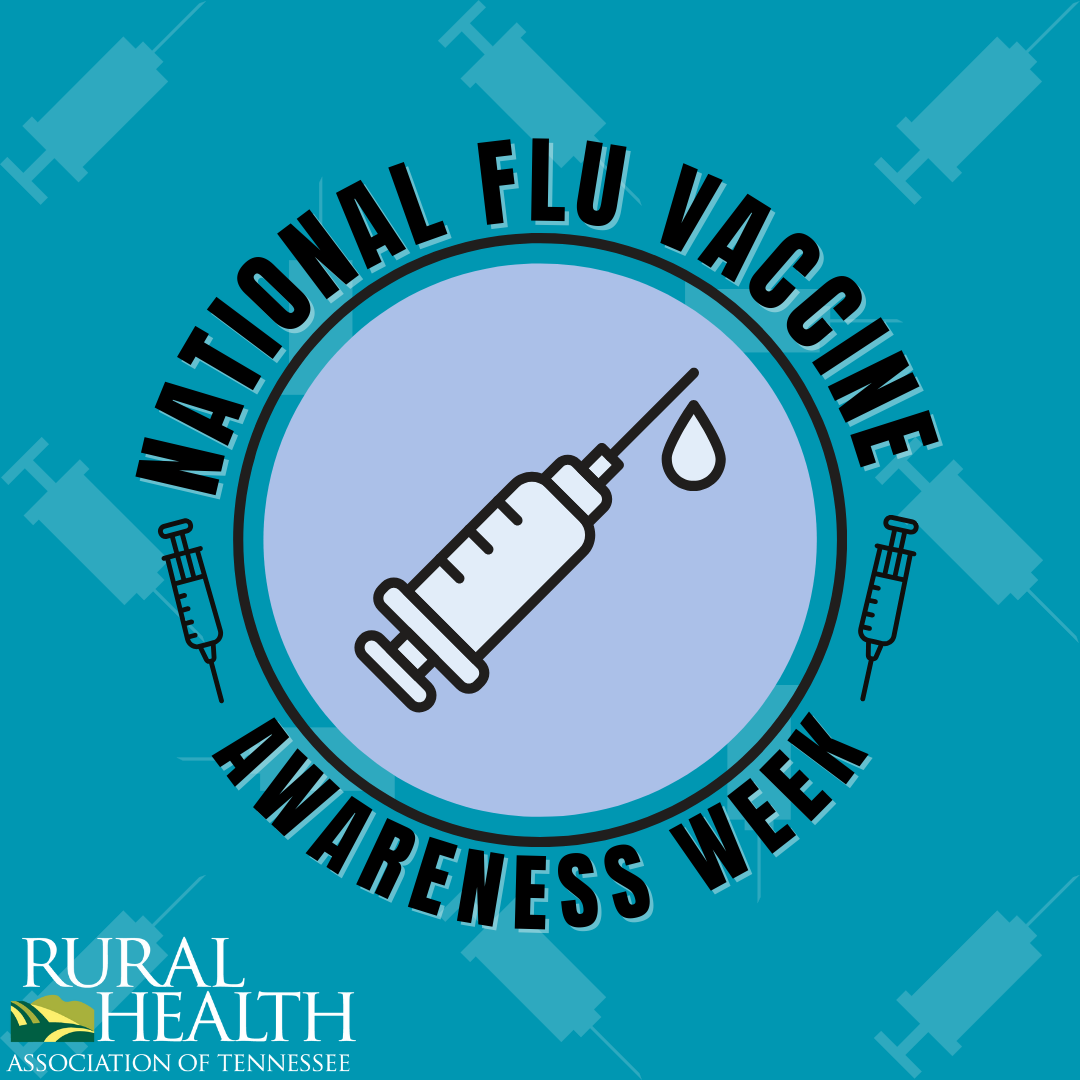 Vaccine hesitancy in rural areas often stems from a combination of factors, including distrust in healthcare systems, concerns about vaccine safety, and the influence of tight-knit community networks. National Flu Vaccine Awareness Week provides an opportunity to engage local leaders, community influencers, and healthcare providers in initiating conversations about the importance of vaccination. By fostering open and transparent communication, public health campaigns can work towards dispelling myths and addressing specific concerns that contribute to hesitancy, ultimately building trust and encouraging higher vaccine uptake.
Vaccine hesitancy in rural areas often stems from a combination of factors, including distrust in healthcare systems, concerns about vaccine safety, and the influence of tight-knit community networks. National Flu Vaccine Awareness Week provides an opportunity to engage local leaders, community influencers, and healthcare providers in initiating conversations about the importance of vaccination. By fostering open and transparent communication, public health campaigns can work towards dispelling myths and addressing specific concerns that contribute to hesitancy, ultimately building trust and encouraging higher vaccine uptake.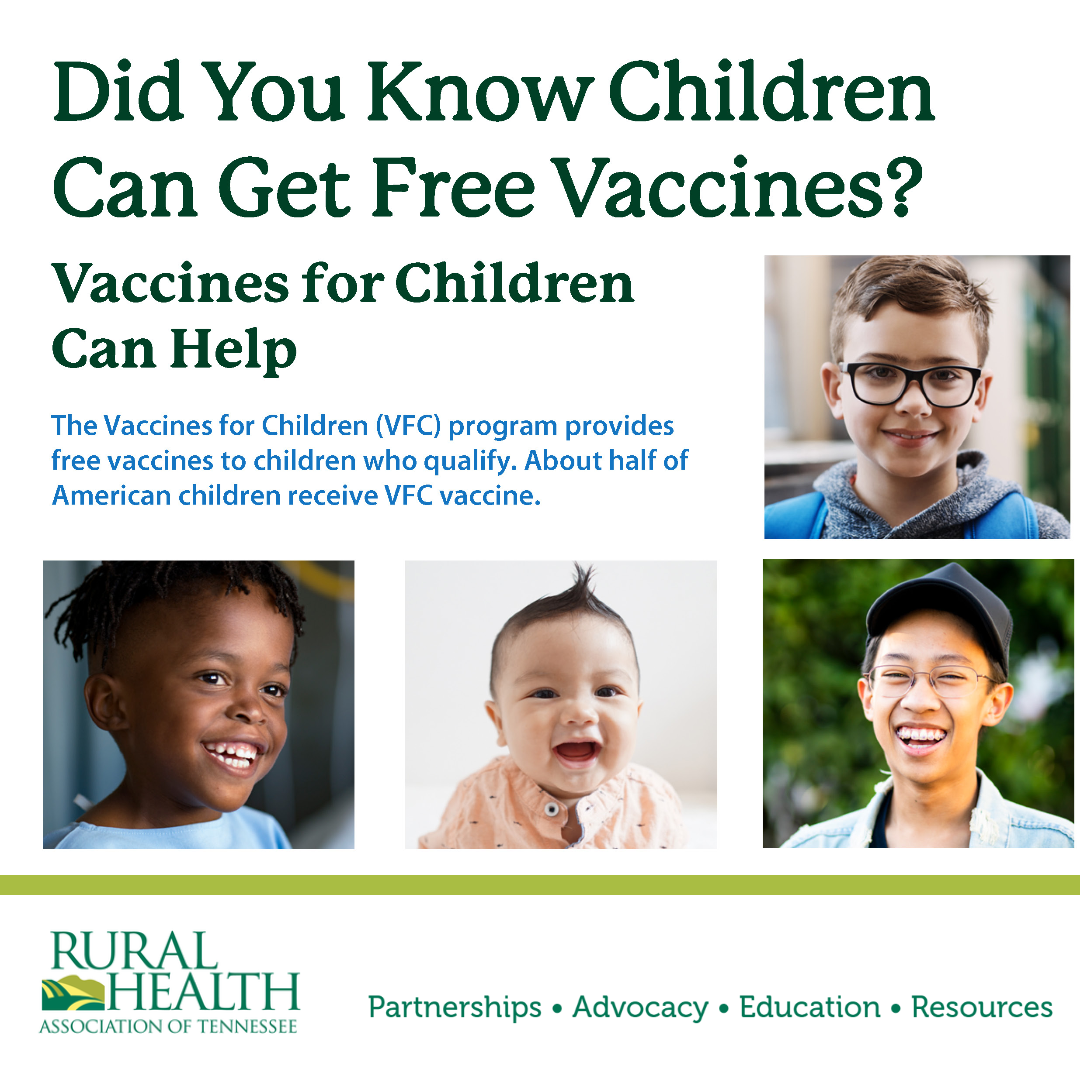
 Come see us at this Community Outreach Event on June 24th, 11:00 am - 2:00 pm at
Come see us at this Community Outreach Event on June 24th, 11:00 am - 2:00 pm at 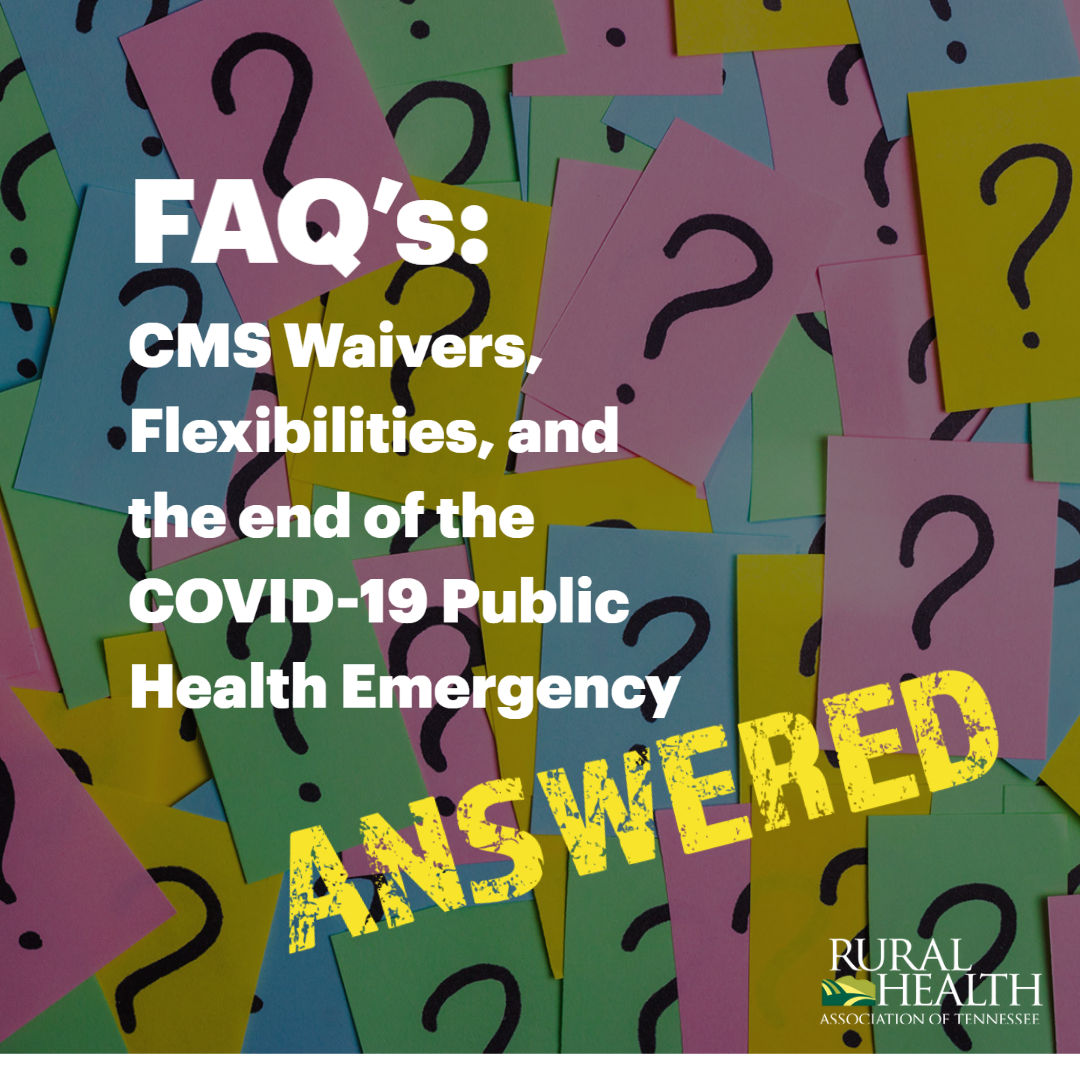
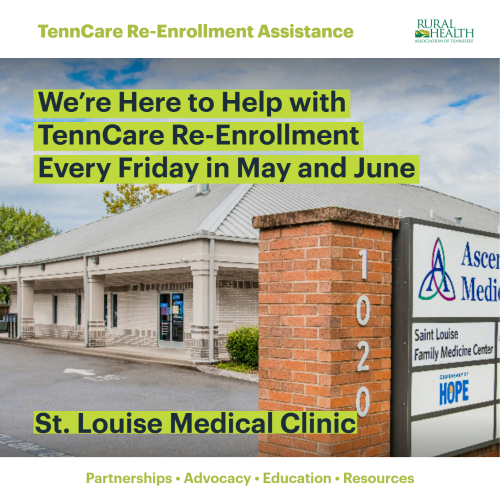
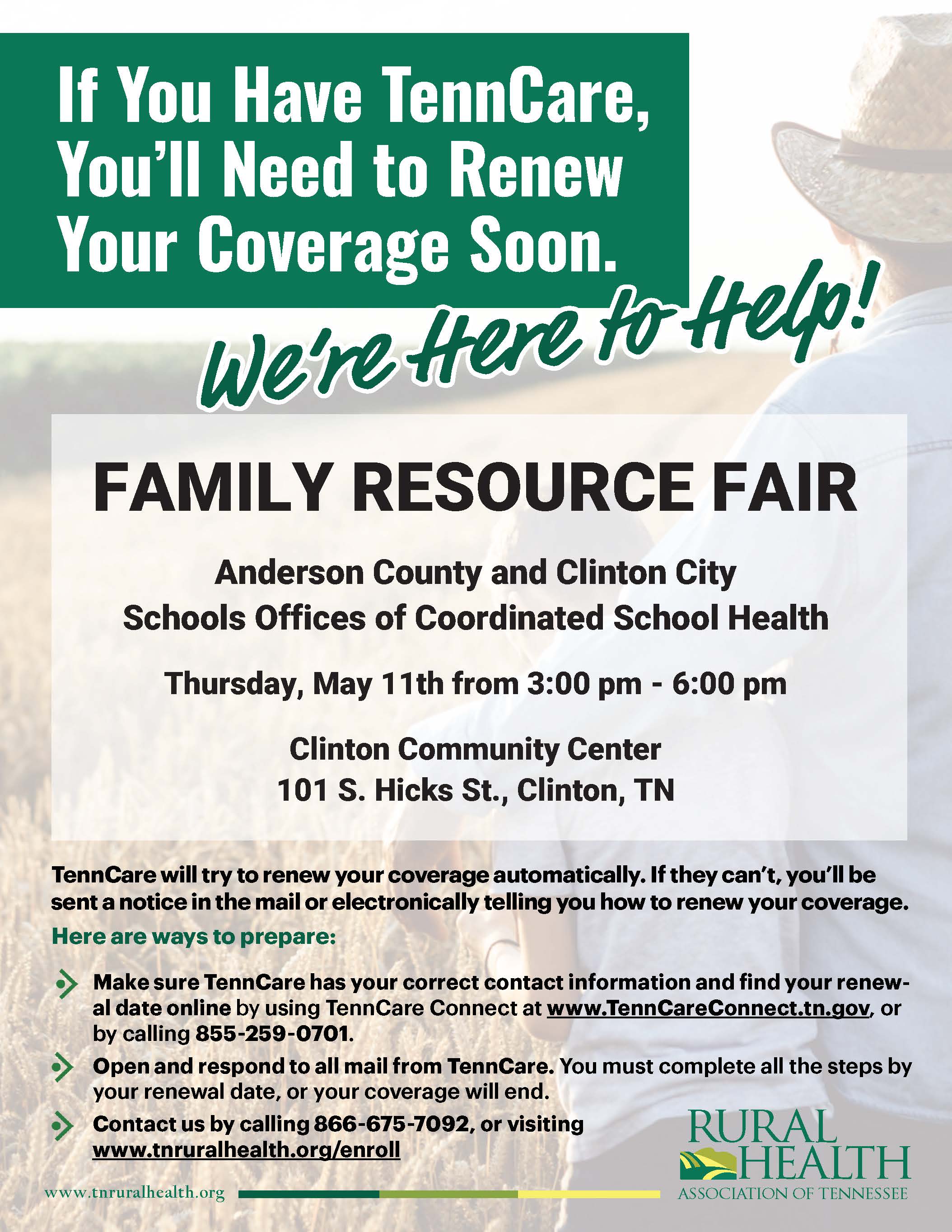

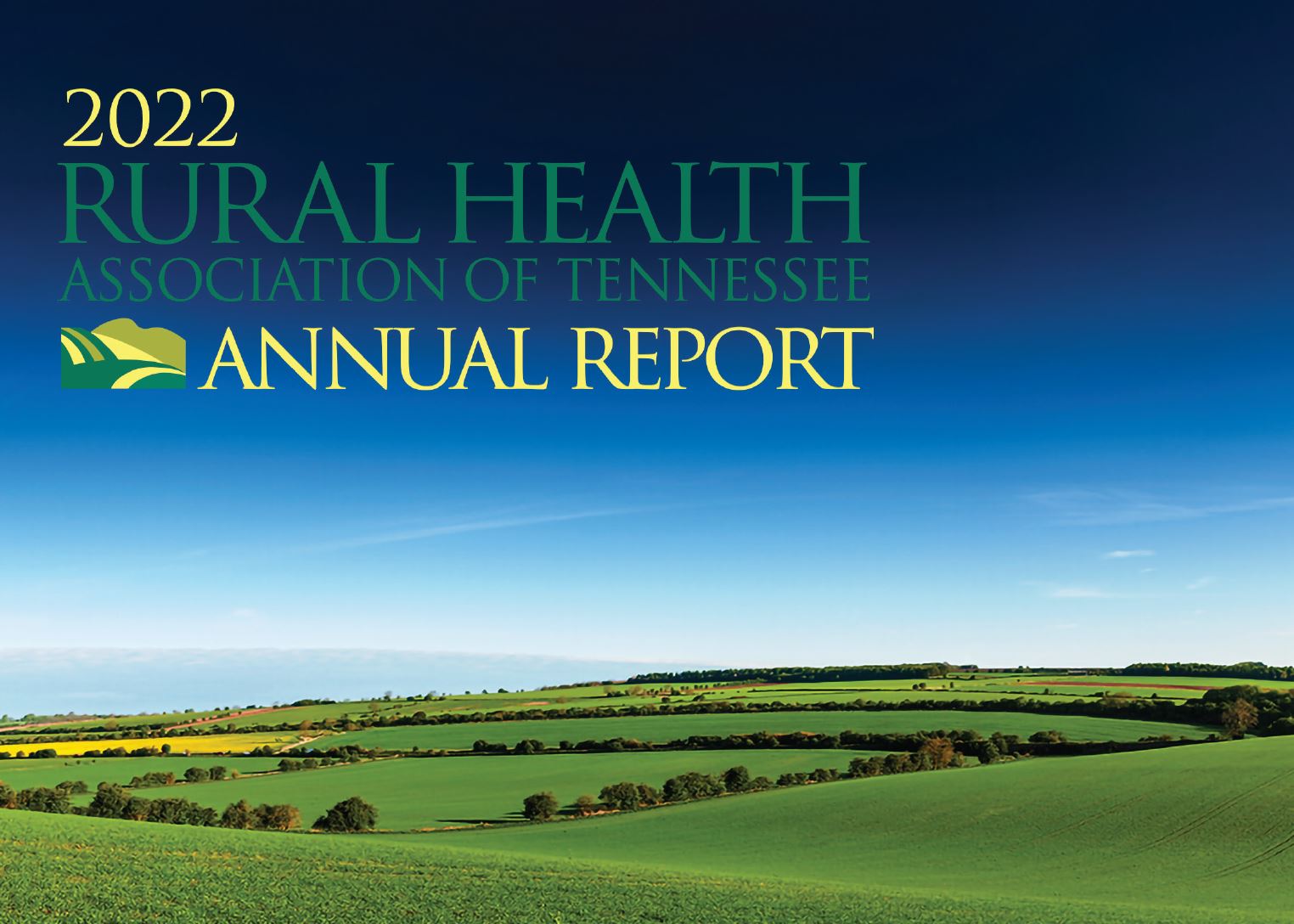
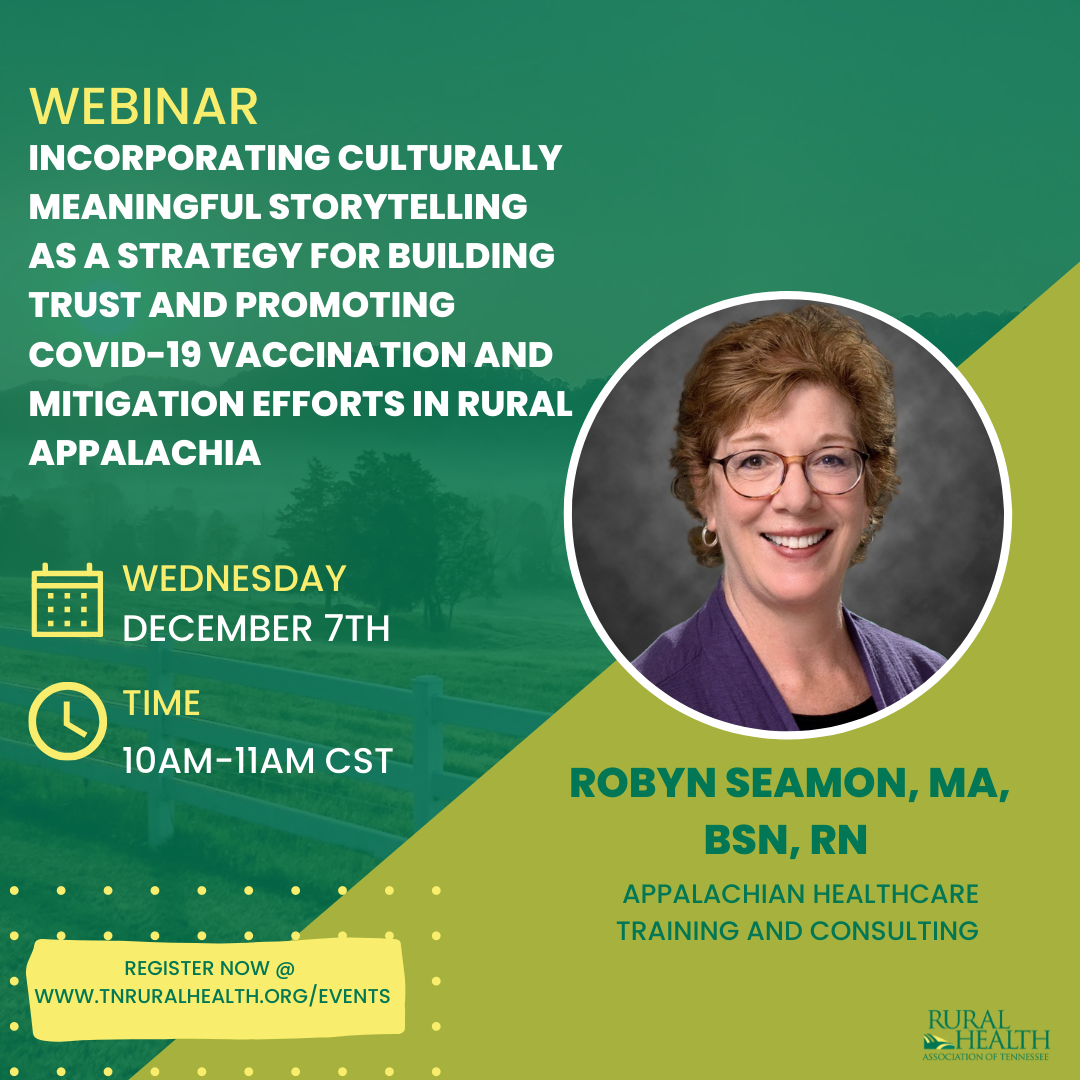 Join us Wednesday, December 7th for our free COVID-19 webinar! Vaccines and boosters are our best defense against serious illness from COVID-19. Currently, many people across the country remain unvaccinated or have not received booster shots for COVID-19.
Join us Wednesday, December 7th for our free COVID-19 webinar! Vaccines and boosters are our best defense against serious illness from COVID-19. Currently, many people across the country remain unvaccinated or have not received booster shots for COVID-19.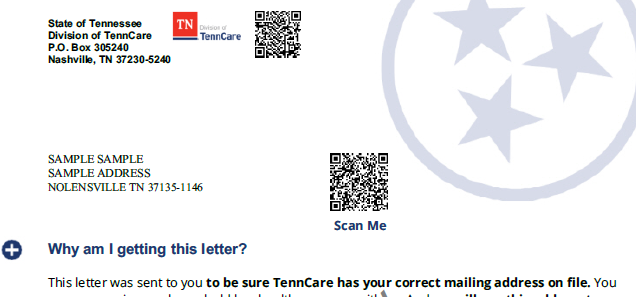 TennCare is beginning a Tri Star Campaign to test the member addresses they have on file. THIS WILL NOT AFFECT ANYONE’S COVERAGE. As they continue to prepare for the public health emergency unwinding (
TennCare is beginning a Tri Star Campaign to test the member addresses they have on file. THIS WILL NOT AFFECT ANYONE’S COVERAGE. As they continue to prepare for the public health emergency unwinding (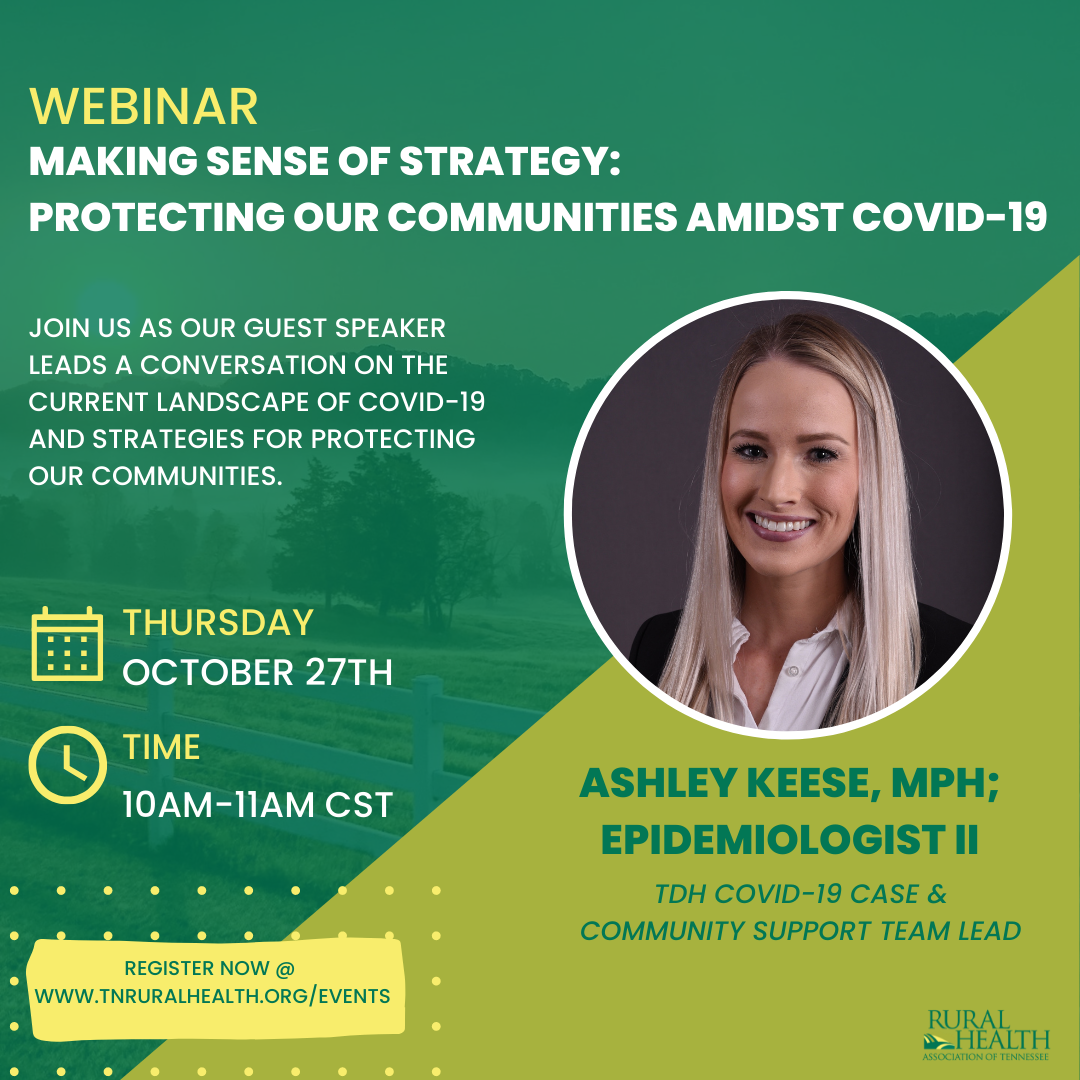 Conference and holiday season is upon us. If you have COVID-19 questions or want updates, then this webinar is for you!
Conference and holiday season is upon us. If you have COVID-19 questions or want updates, then this webinar is for you!